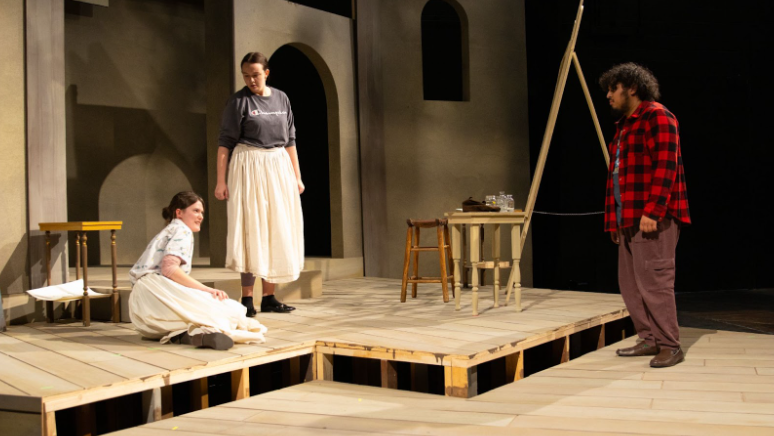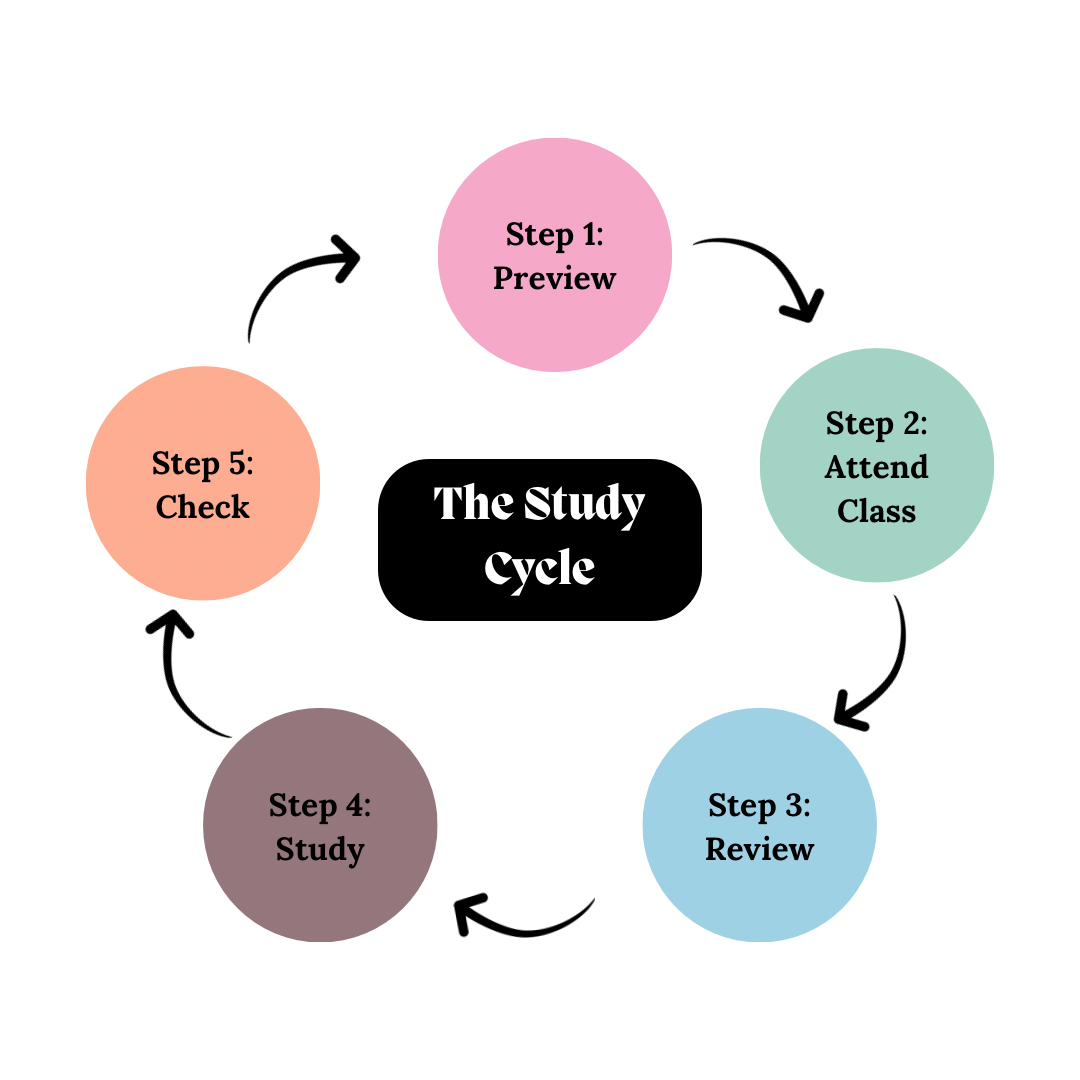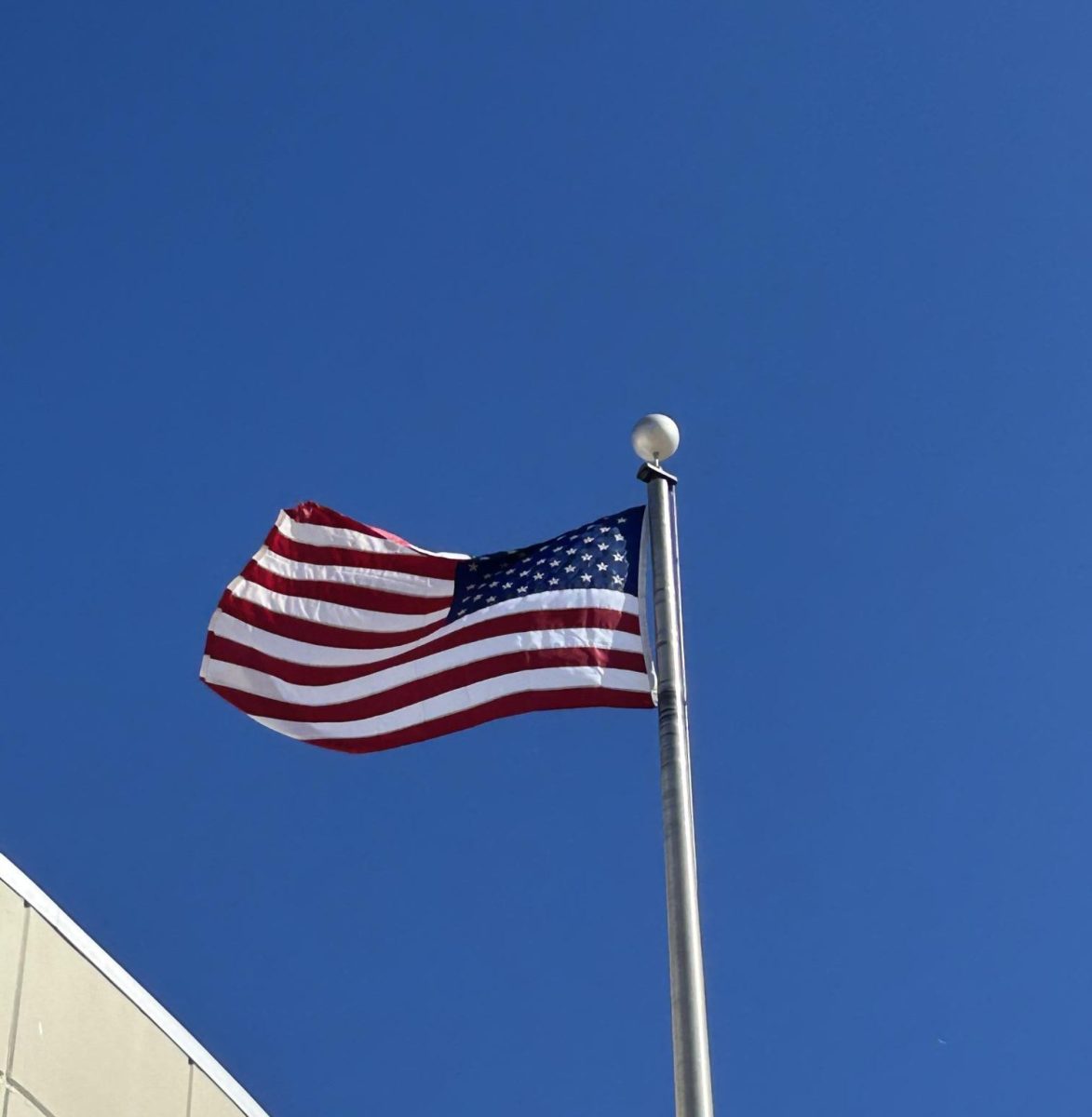
When the words “Bath salts”, “Skunk”, “Spice”, or “Molly” are spoken, they seem like every day words but they’re actually names of the street drugs that are being referred to as synthetic drugs. For instance, when someone says “bath salts” one might think of the salt that goes into the bathtub, but that’s not what this is. These “Bath salts,” synthetics LSD, ecstasy, or cocaine, are now being called a synthetic drug that contains a chemical found in the Khat plant. This chemical is what leads to the panic attacks, suicidal thoughts, increased blood pressure, heart rate, and even death with the first time use.
“Almost every two weeks there is a kid that is either going brain dead or has completely died, or committed a crime while under the influence of it,” Chelsea Chavez a WT student and board member of PULSE, said. Some would ask are synthetic drugs a combination of other drugs that make up or “Spice” (synthetic marijuana), but really “it is plant material that is thought to be like a synthetic marijuana but honestly its a plant-like substance that they have sprayed a poison that mimics the effects of marijuana,” said Lavisa Mathews, Project Manager from Impact Futures. Due to this drug not being controlled and regulated, it can be more potent than marijuana.
Over the past couple of weeks, a WT group called PULSE has been handing out candy rocks meant to look like the street drug “Bath salts” to help advertise the group’s event Designer Casualties. The event took place on Monday, Nov. 18 ,in the JBK, which included the organizations like Family Support, Neighborhood Navigators, Tobacco Free Amarillo, and Impact Futures. Every year PUSLE puts on an event where they try and raise awareness about the dangers of using drugs. This year Chavez’s idea was to focus it on synthetic drugs.
“If you look into scholarly articles as well as any type of news media a lot of them do not really cover how many have actually died in the Canyon area from every type of synthetic drug,” said Chavez.
PULSE has an average of 20 or more members who help put on events around campus like Sexual Responsibility Week, Safe Spring Break Week, National Volunteer Week, National Collegiate Alcohol Awareness Week, and Great American Smokeout.
In January 2012, Impact Futures did a study and found out there was one head shop called the “Music Box” and by February 2012 there were 14. In 2010, Poison Control went from 356 calls about “Bath Salts” to over three thousands calls in 2011. Another study done by Impact Futures, called the Texas Prevention School Impact Index that surveyed 10% of the high school kids in 2012 resulted in one out of three juniors reporting they tried synthetics. A huge contributor in orchestrating Designer Casualties was Impact Future, who provided the pamphlets with information on these drugs and more.







